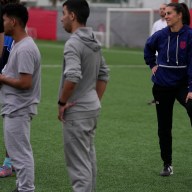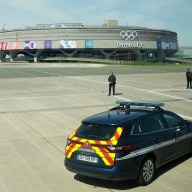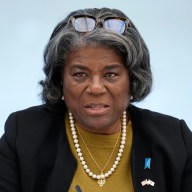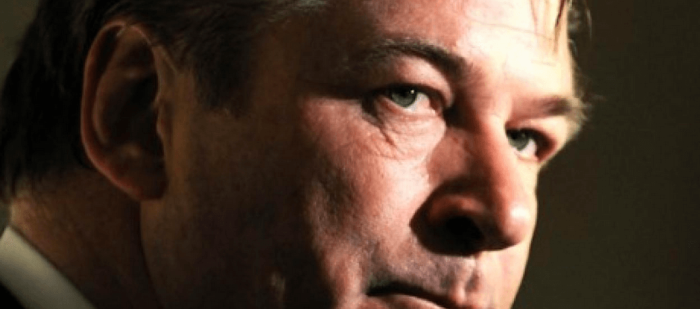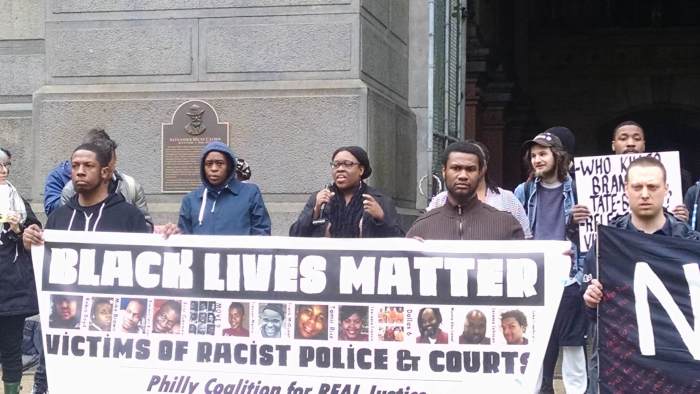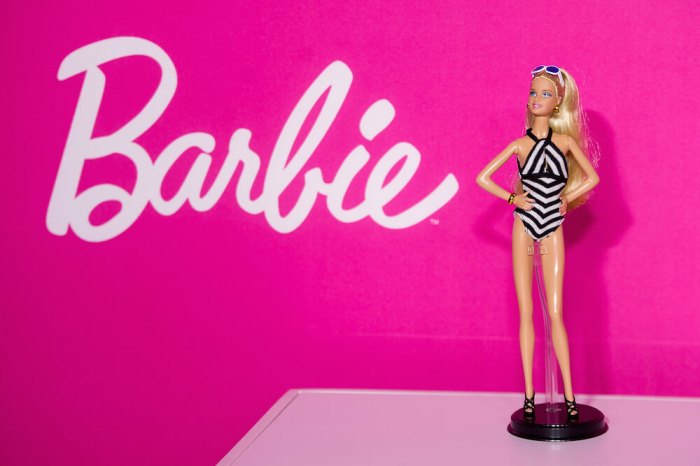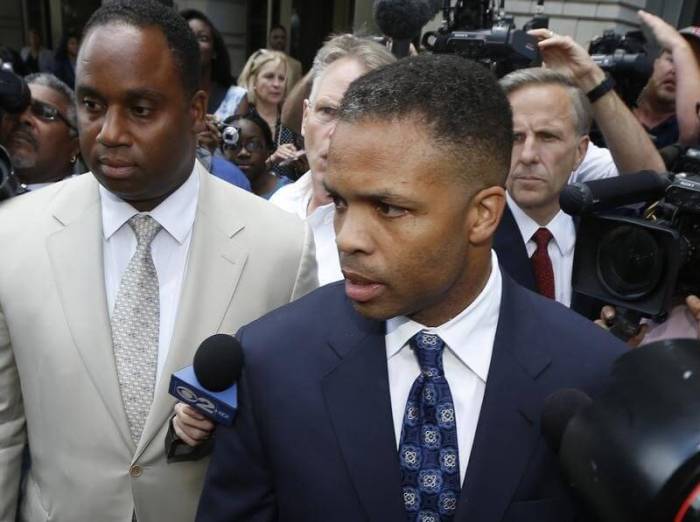Many people consider today Columbus Day, but a collective of artists and activists known as Decolonize This Place will celebrate with its second Anti-Columbus Day tour of the American Museum of Natural History.
“Last year, we wanted to begin with five strands of struggles, so we did black liberation, indigenous struggle, degentrification, global wage workers and free Palestine,” said Amin Husain, a founder of Decolonize This Place. “The American Museum of Natural History brings all our struggles together.”
The collective is using the event to showcase its three demands of both the AMNH and the city: to remove the equestrian statue of Teddy Roosevelt outside the museum, revamp the museum’s exhibitions to better represent indigenous peoples and rename Columbus Day to Indigenous Peoples Day.
“The statue for New Yorkers is the most-hated statue,” Husain said. “First of all, everything is male, including the horse, so there’s this issue of gender and patriarchy. Then you have a figure of an African and a figure of a native, both carrying guns but following and being subordinated almost like they’ve joined the fold with this president who’s setting out to colonize the world.”
Mayor Bill de Blasio recently created a commission to decide the fate of city monuments that may be deemed offensive, and “Equestrian Statue of Theodore Roosevelt,” which has been outside the museum since 1940, will likely be among them.
Though outside the museum, the statue is maintained by the city’s Department of Parks and is on public property.
“Certainly we’re aware of that the statue provokes strong reactions, and we also think the statue needs to be addressed,” said Anne Canty, the museum’s senior vice president for communications and marketing. “We’re looking at a range of ways that could be done, but ultimately, that’s not going to be our decision.”
One thing that is the museum’s decision, though, addresses Decolonize’s demands of revised exhibits.
“That’s an area where we don’t disagree,” Canty said. “There are exhibits that need to be updated, and that’s something that we’re working on.”
On Sept. 25, the museum announced a years-long reinterpretation and renovation of its Northwest Coast Hall. The process will involve four First Nations communities from the Northwest Coast.
“We are very committed to doing the work of updating representations that are out of date,” Canty added. “It’s something that is not necessarily going to happen immediately, but it’s work that we’re doing — and we take very seriously.”
More than 200 people attended last year’s Anti-Columbus Day tour at the AMNH, and Husain expects that to more than double this year. By Friday afternoon, the event’s Facebook page had more than 430 RSVPs with another 1,500 interested in attending.
“We want people to both learn and unlearn, to feel that there is a community, that these museums that are public are for the people and the people have a voice in what they should look like because our money goes to them,” he said. “When we talk in the abstract about racism, our institutes perpetuate it — here’s an example. We’re putting pressure on them, but also allowing people to know that we have power.”
As for renaming Columbus Day, only time will tell if New York City follows in the footsteps of cities like Los Angeles, San Francisco, Seattle and Minneapolis and states like South Dakota, Hawaii, Alaska and Oregon to celebrate indigenous peoples instead of the controversial explorer. On Friday, two days after Decolonize This Place created a petition, nearly 8,000 people signed in favor of the name change to Indigenous People’s Day.
The Anti-Columbus Day Tour begins at 3:30 p.m. near the AMNH’s ticket counter. Visit decolonizethisplace.org for info.




